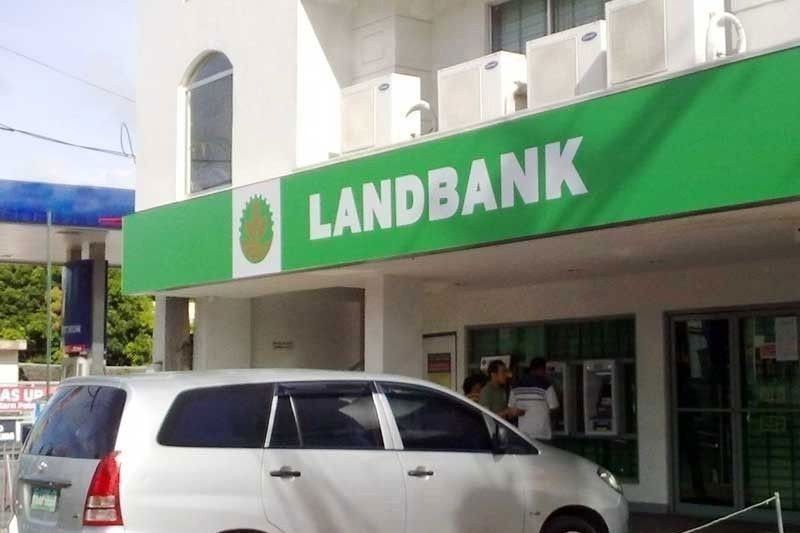Landbank loans for renewable energy projects hit over P20 billion

MANILA, Philippines — The Land Bank of the Philippines has extended more than P20 billion in loans for renewable energy projects mostly located in rural areas.
Landbank president and CEO Cecilia Borromeo yesterday said the state-run bank has released a total of P20.1 billion to 56 borrowers in support of local renewable energy undertakings as of March 31.
Landbank grants loans to local partners building renewable energy projects as part of its commitment to finance sustainable development.
Under Landbank’s Renewable Energy Program, borrowers are provided with financing as long as their projects promote alternative sources of power. The program seeks to expand access to reliable, clean and sustainable energy in line with the government’s thrust to mitigate the impact of climate change.
“As an industry leader in promoting environmental sustainability in the country, Landbank is at the forefront of supporting initiatives aimed at protecting our environment. We are looking to work with more customers and development partners toward a more sustainable future for the next generation, and beyond,” Borromeo said.
Further, she said the program entices development partners to look into the viability of the use of biomass, geothermal, solar, hydro, ocean and wind energy.
Likewise, the program can finance projects on hybrid renewable energy, including hybrid electric and compressed natural gas, as well as the manufacture of renewable energy technologies and their components and equipment.
Borromeo also said the program could be tapped by borrowers whose projects are in the preparation stage, so much that the financing could be deployed for developing a feasibility study, detailing an engineering design and coming up with supporting research.
Eligible borrowers, particularly electric cooperatives, local governments, state-owned firms and national agencies, may apply for up to 90 percent of the total project cost. For cooperatives, associations and private borrowers, which are enlisted as single proprietorships, partnerships or corporations, they may borrow up to 80 percent.
Term loans acquired for working capital and project preparation should be paid within five years, with a grace period of six months on principal payment. Loans for capital expenditure should be paid within 15 years based on the borrower’s cash flow, with a grace period of three years.
The interest rate shall be based on the prevailing market rate, but not lower than five percent per annum, according to Landbank.
The government is pushing for expanded efforts to support sustainable projects as the country suffered more than P500 billion in damages between 2010 and 2020 due to climate risks.
- Latest
- Trending






























